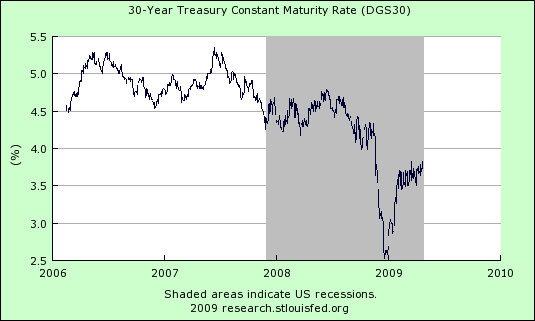I am not your researcher.
Tax Cut Government Income Cuts Rate Argue Effects Economy
A tax cut is a reduction in the rate of tax charged by a government, for example on personal or corporate income. Whether a given tax cut will increase or decrease total tax revenues is much discussed by both economists and politicians.
The immediate effects of a tax cut are, generally, a decrease in the real income of the government and to increase the real income of those whose tax rate has been lowered. In the longer term, however, the effect on government income may be reversed, depending on the response that tax-payers make. Supply-siders argue that tax cuts for corporations and wealthy individuals provide them an incentive for investments which stimulate so much economic activity that even at the lower rate more net tax revenue will be collected.
Some economists argue that even in the short term cutting some taxes, for example capital gains tax, may raise government income immediately due to long-postponed sales of securities being made at the lower rate.




